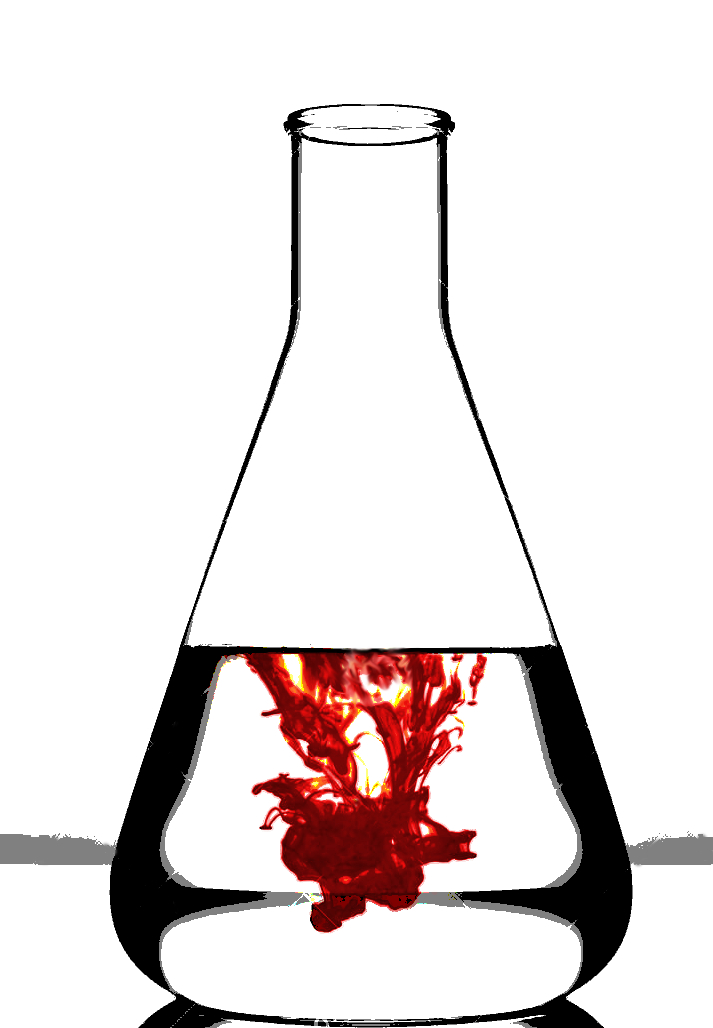Lab probe hears culture claim
 An inquiry has heard significant claims about the culture at a scandal-plagued Queensland DNA lab.
An inquiry has heard significant claims about the culture at a scandal-plagued Queensland DNA lab.
A commission of inquiry into the state-run lab was called following a decision in 2018 to stop testing samples from crime scenes that only contained small amounts of DNA.
A report by former Court of Appeal judge Walter Sofronoff found the lab’s action may have resulted in lines of police investigation or prosecution into criminal cases being “unnecessarily abandoned”.
He also found that scientists may have given untrue statements about the detection of DNA in crime scene samples.
In the inquiry this week, Paul Csoban, a former executive director at Queensland Health Forensic and Scientific Services (FSS) until 2018, said he had “concerns” after a scientist raised issues about testing processes impacting the outcome of sexual assault proceedings.
He gave evidence that he hired an external expert to undertake a scientific investigation into the concerns, which were raised by scientist Amanda Reeves.
Mr Csoban said Ms Reeves have both disclosed concerns about the validity of tests they carried out on semen samples.
Ms Reeves said the issues surrounding the testing could potentially impact the outcome of sexual assault proceedings.
Mr Csoban asked for a report from an external expert into the flagged issues but believed it was a problem with the standards of practice (SOP) at the lab itself.
Earlier in the week, Therese O'Connor, a former human resources advisor to the government-run Forensic and Scientific Services facility, revealed details of an incident in the office dubbed “bin-gate”.
Ms O'Connor saisd that on senior scientist Amanda Reeves's last day at work, as she was cleaning out her desk after being made redundant, Ms Reeves wheeled a confidential bin to her desk and emptied folders into it.
The bins have a lock and are meant to be used for depositing confidential documents for shredding and incineration.
Managing scientist Cathie Allen allegedly retrieved the documents from the bin and summoned three workers seen near Ms Reeves's desk for interviews, the inquiry heard.
“My recollection is that Cathie Allen wanted to take disciplinary action against all the participants,” Ms O'Connor said.
“What's wrong with throwing confidential documents into a confidential destruction bin? That's what it's for, isn't it?” the Commissioner, Walter Sofronoff KC, asked.
“The implication was they were documents that should have been retained and only destroyed when they met the scheduling requirements,” Ms O'Connor said.
Counsel Assisting Laura Reece asked Ms O'Connor for her professional view on the lab’s culture.
“It would be what we described as a toxic workplace,” Ms O'Connor said.
“It's a very unhappy, very stressful, dysfunctional working place,” she said.
“There were underlying issues that have never been resolved and when you get a work environment where these issues are allowed to fester and build, the emotional investment in that produces a lot of animosity between certain parties.”
The inquiry also heard of to potential anomalies in how DNA was gathered in sexual assault cases, and quesitons about the adequacy of sexual assault investigation kits.
Counsel assisting the commissioner, Joshua Jones, said specialists were concerned that the kits did not have enough swabs, were not DNA-free and had “wooden stems”.
“They do not contain a DNA contamination kit,” Mr Jones said.
Dr Kathy Kramer, an expert in forensic medicine said the process for how DNA samples were shared to labs needed to change, as some may not be able to analyse certain types of samples.
“For example, there’s no point in sending them an oral rinse, which is a sampling technique to get sperm cells from the mouth, but if that lab can’t process an oral rinse, then there’s no point in sending it,” she said.
“Local labs will develop their own skills … they may get much better results with a single swab technique.”
The inquiry continues.







 Print
Print